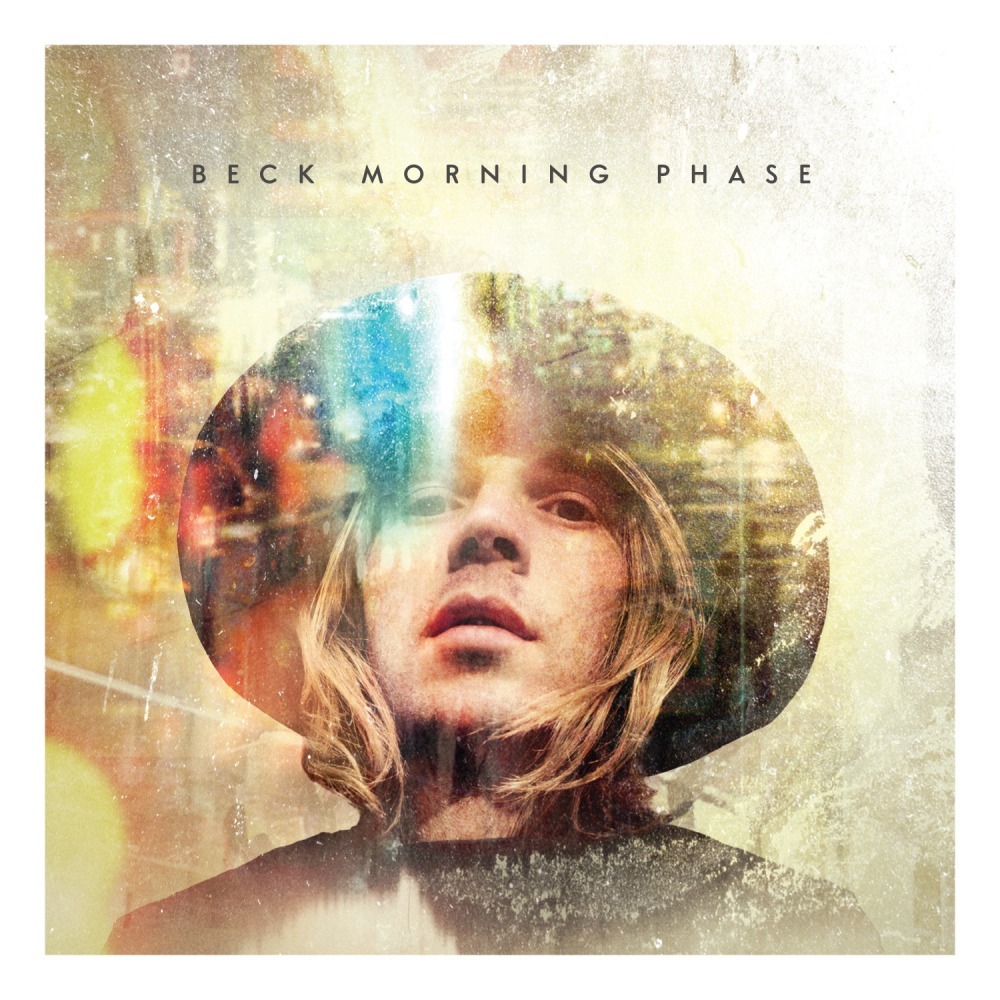
News
HMS Is Facing a Deficit. Under Trump, Some Fear It May Get Worse.

News
Cambridge Police Respond to Three Armed Robberies Over Holiday Weekend

News
What’s Next for Harvard’s Legacy of Slavery Initiative?

News
MassDOT Adds Unpopular Train Layover to Allston I-90 Project in Sudden Reversal

News
Denied Winter Campus Housing, International Students Scramble to Find Alternative Options
"Morning Phase" Is Worth Mourning
Beck-Morning Phase-Capital Records-2 STARS

Beck is 43 years old. This is a difficult age for rock stars, making them tend towards silliness and self-doubt: by his own admission, David Bowie hit his lowest point musically at the age of 40; The Who’s early-eighties breakup and The Rolling Stones’ internal strife date to roughly this point in the musicians’ lives. Ultimately, the difficulty facing middle-aged rock artists is in reconciling their own senescence with a genre that worships youth.
In Beck’s case, the process is complicated, if not exactly retarded, by the anti-folk hero’s traditionally moody affect and mature vocals. It is difficult for him to become more serious, since the universally acclaimed 2002 album “Sea Change” was the last word on seriousness and, in all honesty, existential gloom. On the other hand, attempting to be either more light-hearted or more avant-garde would both betray his sound and smack of an incipient mid-life crisis. His new album, “Morning Phase,” while successfully avoiding these obvious pitfalls, stumbles in a different way—it simply never becomes interesting.
The problem arises from the fact that nearly every song on the album fails to distinguish itself from the rest. The production is impeccable, but the composition ultimately lacks melodically. The arrangements of both the instrumentals and the backing chorus are strikingly reminiscent of The Moody Blues’ work—particularly 1970’s “A Question of Balance”—but while the ethereal strings and Mellotron of that album are grounded by aggressive guitar work and truly haunting tunes, “Morning Phase” has the feeling of incidental music—symphonic backgrounds lacking a foreground. Admittedly, strong riffs have never exactly been Beck’s modus operandi. Nevertheless, in prior albums, he occasionally allowed his arrangements to fall back, revealing the primary motifs unhampered and avoiding the sense that every song lacks development; on the other hand, in this new effort, the arrangements mask rather than enhance the individual songs.
The pathology begins with a soaring orchestral introduction, “Cycle,” that segues into the first song, “Morning.” Beck has at least had the good sense to put his best foot forward—“Morning” is, in itself, a lovely piece, with some genuinely affecting resolutions. However, it is followed by its sonic imitator, the lyrically insipid “Heart Is a Drum,” which is, in turn, followed by its sonic imitator, “Say Goodbye,” which is only slightly distinguished from the rest of the album by its immature, hackneyed, blue-eyed-soul rhythmic shamble. The rest of the album sadly follows this trend, each song taking up the torch of the jejune in its turn—some feature a dark synth in the opening bars (“Unforgiven”), some begin with cellos rather than violins (“Wave”), but almost all resolve into airy strings and V7-I progressions.
Perhaps the only song that entirely escapes this indistinguishable haze is “Turn Away,” in which Beck deigns to throw the listener a bone in the form of an up-tempo song with a hummable melody line and a strong rhythm-guitar. “Turn Away” very much fits into the rest of the album’s sound with its lush orchestral backing; however, its strong melodic structure saves it from the oblivion to which the rest of “Morning Phase” is consigned. Unfortunately, its position near the end of the album only emphasizes how dull the previous 10 songs were by comparison.
Similarly, while the final track, “Waking Light,” mainly falls in with the rest of the songs on the album, it rubs in the listeners’ faces (or ears) the vapidity to which they have just been subjected; as the song approaches its conclusion, a brash, vivid synth line leaps over the background, electrifying the piece—for its final 20 seconds. It is perhaps the saddest coda imaginable on the morass of boring, self-serious soundalikes. It is Beck telling us, “I can write fun things, but I have chosen not to.”
There is a cheerfulness to the new album in contrast to the pessimism of “Sea Change,” which Beck has called the companion to “Morning Phase.” While it is undeniably pleasant that Beck is optimistic at the ripe age of 43, optimism does not in itself make for good music. Perhaps if he stopped using swooping orchestral pomp for a moment and tried to write something listenable, as he did on his last studio album, “Modern Guilt,” he would meet with more artistic success. He should by now know that pretension does not become middle age any more than shoulder-length thinning blond hair does. Until such time as he has this realization, however, music enthusiasts should stick to buying his older albums.
—Staff writer Jude D. Russo can be reached at jude.russo@thecrimson.com.
Want to keep up with breaking news? Subscribe to our email newsletter.
